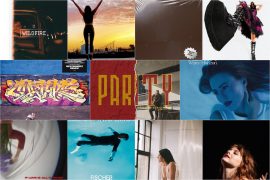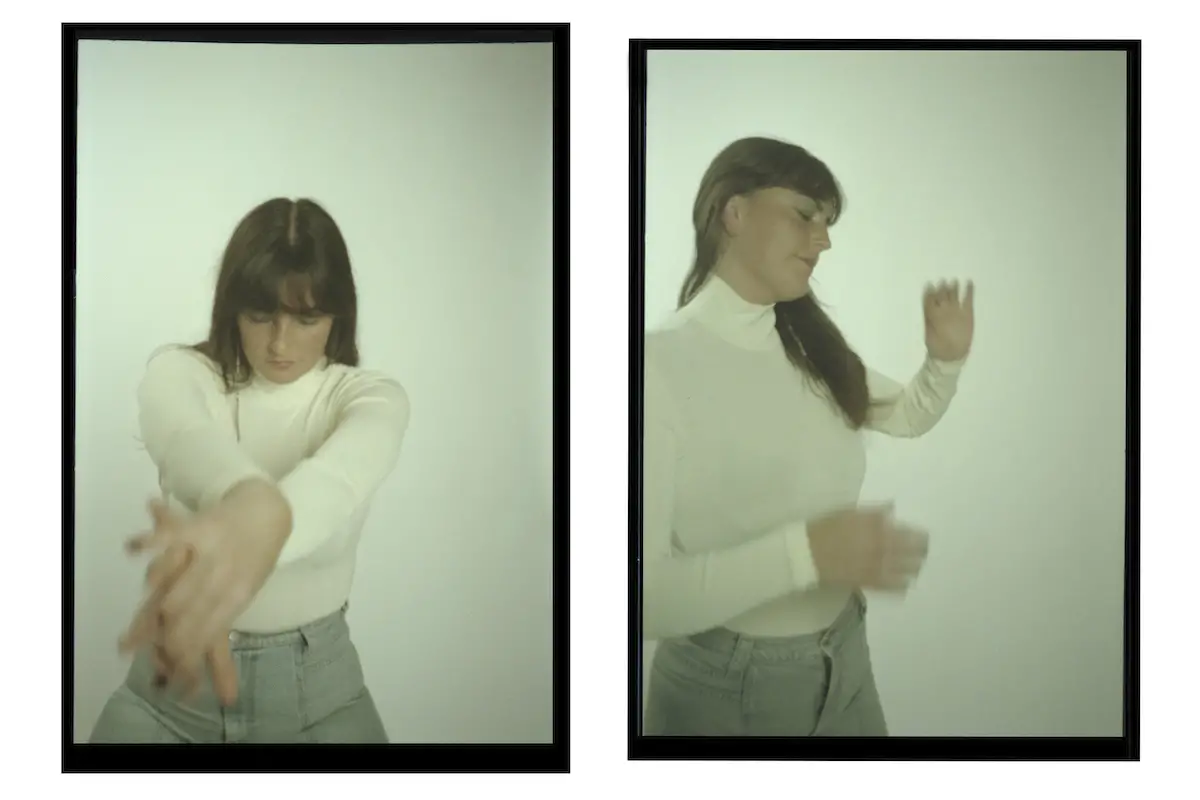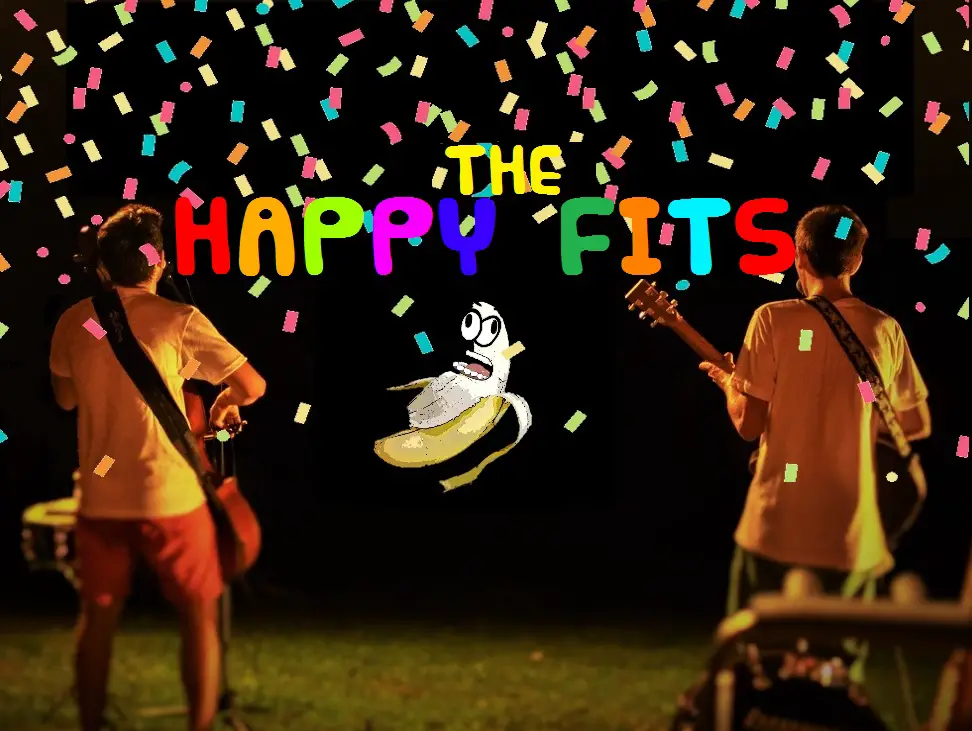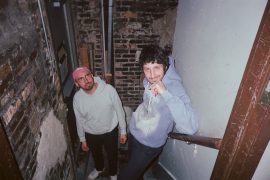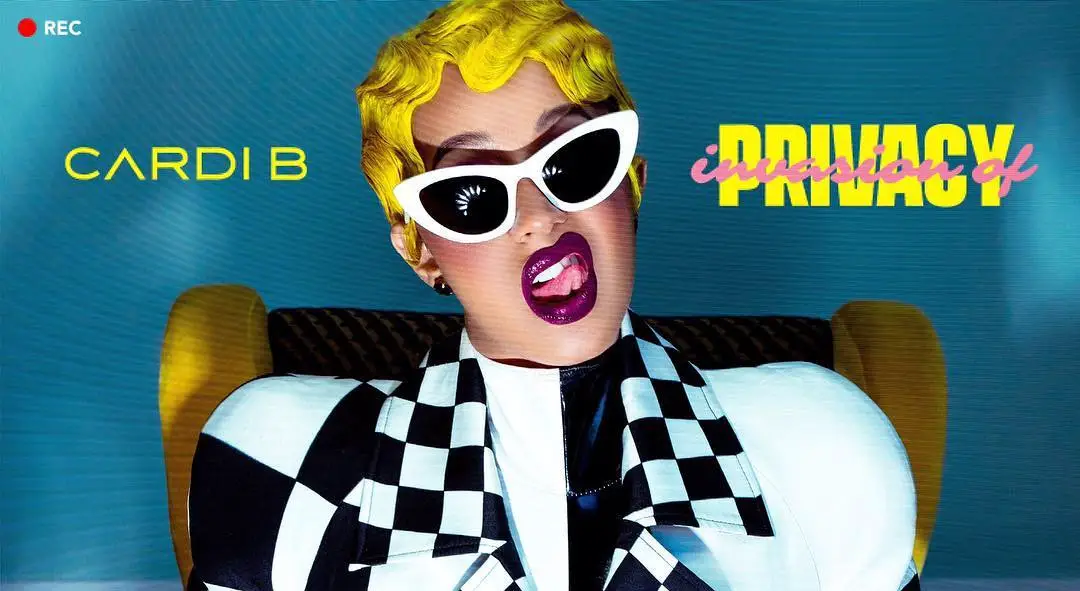‘Paintroller’ is a debut that shows that great things are to come for Hands Down, and Atwood Magazine spoke with the artist on how he got here.
•• •• •• ••
The beginning of 2021 gave fans a peek into what Filip Sjögren was planning for with his debut single “Too Late.” The song’s sonic presence laid a groundwork for what was to come, and as the year carried on, more hints at the larger picture began showing themselves. Now, that picture is revealed. The finished piece comes in the form of Paintroller, a debut that didn’t just prove fans right with its quality but serves as the example as to why Sjögren is one of 2021’s best gifts.
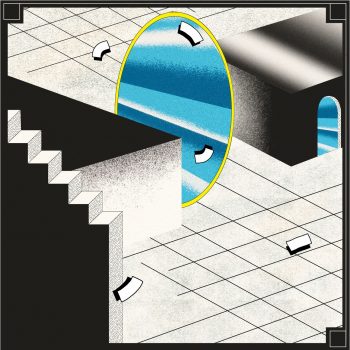
“Mother” is a unique entrance, offering fractured pieces of Sjögren’s vocals over a sprawling melody of synths that morph into an onrush of instrumentation. It glistens with a cosmic touch, setting a mood for what the result of Paintroller will bring. Tracks like “Bubble Trouble” then switch celestial for jubilant. The guitar melody throughout is warm, and when paired with a laid-back demeanor from Sjögren himself, fans will find themselves bouncing along with glee.
Strings and piano are now the stars on “Too Late,” a track that is unrivaled in its majesty. His croons pair well with the harmonies being created, making for a dreamscape listeners will be hard-pressed to want to come down from. “Why” then goes in a more raucous direction. The energy on the track is infectious and makes for a unique listening experience on the album. Closing it out is “Never Been That Happy” with its grand presentation and sound. It’s bustling and expansive, each note a further enriching experience that fans will adore. The hushed moments at the track’s end close it out with a sincere touch, making the desire to want to relive it once again all the stronger.
Though Sjögren states Paintroller follows a two-chord pattern, it’s his way of navigating and experimenting with this pattern that gives the album a shine like no other. Each track, even with that same two-chord base, veers into vastly different directions, and the result is a debut to be lauded. Atwood Magazine spoke with the artist on how this came to be, how it feels to have the debut finally out, and how he balances his personal storytelling.
— —
Listen: ‘Paintroller’ – Hands Down
A CONVERSATION WITH HANDS DOWN

Atwood Magazine: It's here! Paintroller is an amazing debut – where is your headspace at knowing your debut is now released?
Hands Down: My headspace is everywhere as always. I’m not really too focused on it, to be honest. Maybe I should? But I don’t really know what to focus on. The album is done. I’ve done everything I can to get people to hear it. Maybe I should knock doors on people’s DM’s and say ”CAN YOU HEAR ME?, SEE MEE, ACKNOWLEDGE ME”. I don’t know. Why release in the format album at all. You should release singles or work with something not related to music, something important. According to business analysts. I think albums are cool. I only listen to albums.
Something I’ve loved finding out is the voice memo origins of many of your songs. It fascinates me to see the beginnings of music, so, typically, what does a songwriting session look like for you? Are memos becoming a staple in the process?
Hands Down: When I wrote the songs on the album I was always writing alone. Sitting alone in the studio and most days nothing would come out really. I would ride my bike to the studio eat a salad for lunch, lay on the couch contemplating my life choices, and then ride back home again. But the voice memos became like a friend. It got the process going. When I wrote with a memo as a sample, a song could be written and arranged in like 4 hours. I chopped and distorted a lot of the files. It was quite a fast process. But at the moment I write with my bandmates that played the real instruments on this album, so no memos. They are getting more involved in the process, which is great. It changes the mood a lot, lyrically.
Your music skews towards personal moments, something you’ve viewed as, while personal, not all that exposing. I’m curious about how you find the balance – what do you do to ensure you make connections with the audience while still keeping some moments to yourself?
Hands Down: Yes, this album became very personal to me lyrically. I wouldn’t say that I thought about what I wrote all that much. I had a very hard time understanding what I felt at that time. And I would just open my mouth and sing. Whatever came out, came out. And it’s not until after I wrote them I could make a connection to myself. It’s like I’m trying to make myself feel something and maybe that makes it relatable. So I’m not really keeping any moments to myself, I’m keeping them away from myself. I guess.
On that same thought, are there ever moments when creating music where you feel “maybe this is too personal” and pause on moving forward with it?''
Hands Down: Not really. I never let myself get to that point. And if I would get ”too personal” and it became a smash banger of a song I would probably still put it out. I would namedrop every person that hurt me if it would help the song. But usually namedropping doesn’t help a song. So if you did me wrong way back, you can relax.
For the album as a whole, something I loved is how no two tracks sound alike. From the melodies to harmonies, each song carries a wholly unique presence. When approaching the album, was there a specific sound you were aiming for?
Hands Down: I was aiming high and hoping for a bird to pass. It’s funny that you say that because almost all of the songs has the same two-chord pattern. So at their core they are almost identical. But I generally don’t think anything through that much. Just go with the flow. It makes life easier, for me. Maybe not for the listener. But I think my rule is: as long as the same group of people wrote and recorded the songs they will still fit together.
One of the songs that stood out to me was ''Meet Me At The Bar.'' The guitar, the strings – it all blends so well together. What’s the story behind this track?
Hands Down: Thanks! It’s all because of my dear friend Julia Nilsson, she arranged all the strings for the album. She’s a genius and I couldn’t thank her enough. It was so fun recording a live string quartet at Studio Rymden in Stockholm. And the guitar is actually a bass played by Felisia Westberg, who’s such a great musician and friend.
Watch: “Too Late” – Hands Down
For your debut single ''Too Late,'' another track I adore, I’d love to know what made you decide to start with this one. What about the song made you want to share it first?
Hands Down: It was my friend Teodor Wolgers who said it was the best song to start with and sometimes it’s a good idea to just to listen to what others say. But also I think’s the most easy-going song of them all. I don’t want to reveal the full extent of my personality to a stranger. And the same goes for the album, it’s a rollercoaster.
After the album is out, what’s next? Are there already immediate plans or will you have a moment of peace and enjoy the fruits of your labor?
Hands Down: ANNOUNCEMENT: There will be a follow-up coming next year! It’s gonna be the greatest piece of music I ever had the fortune to work on, the band is getting more involved. I think this solo thing will go away, it’s more fun working together. Compromises that come with collaboration are good. People should get more used to compromise (including myself, I’m by far not the best).
— —

Connect to Hands Down on
Facebook, Instagram
Discover new music on Atwood Magazine
? © Fredrik Stål


